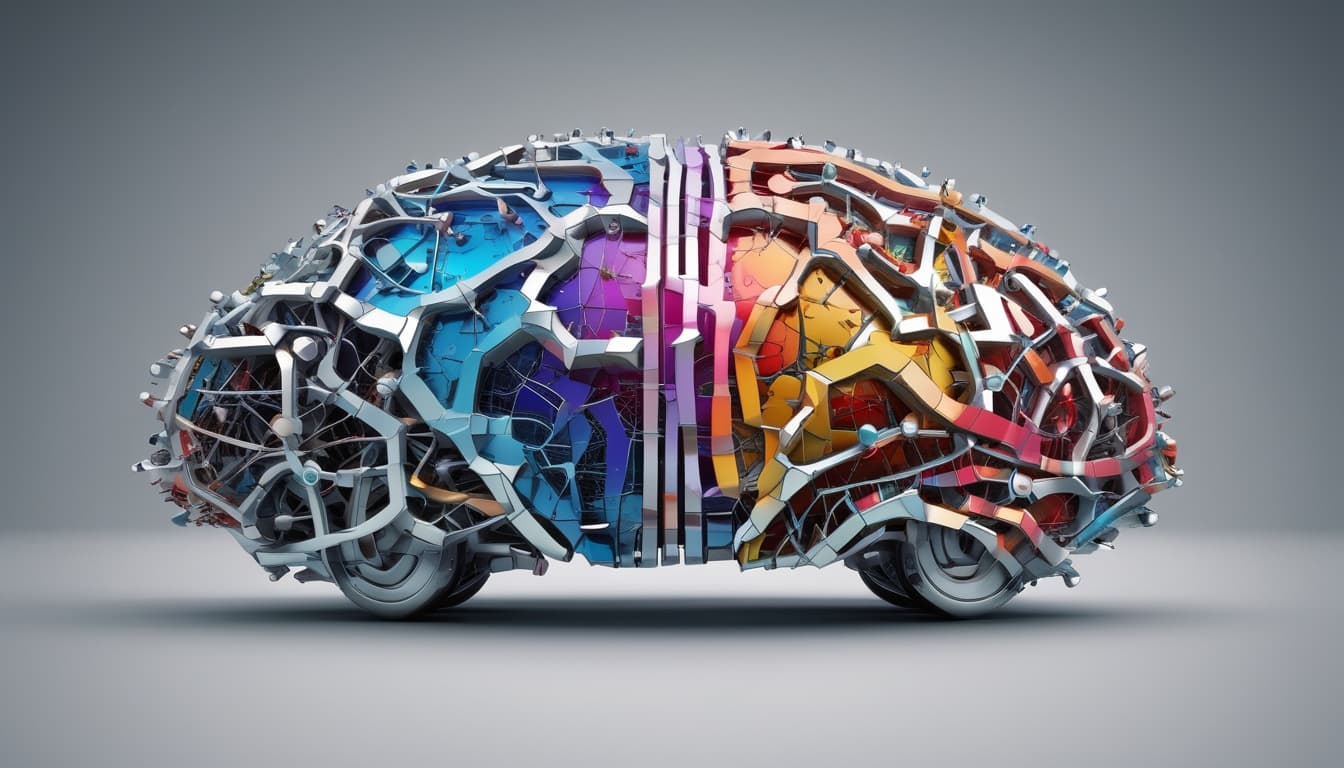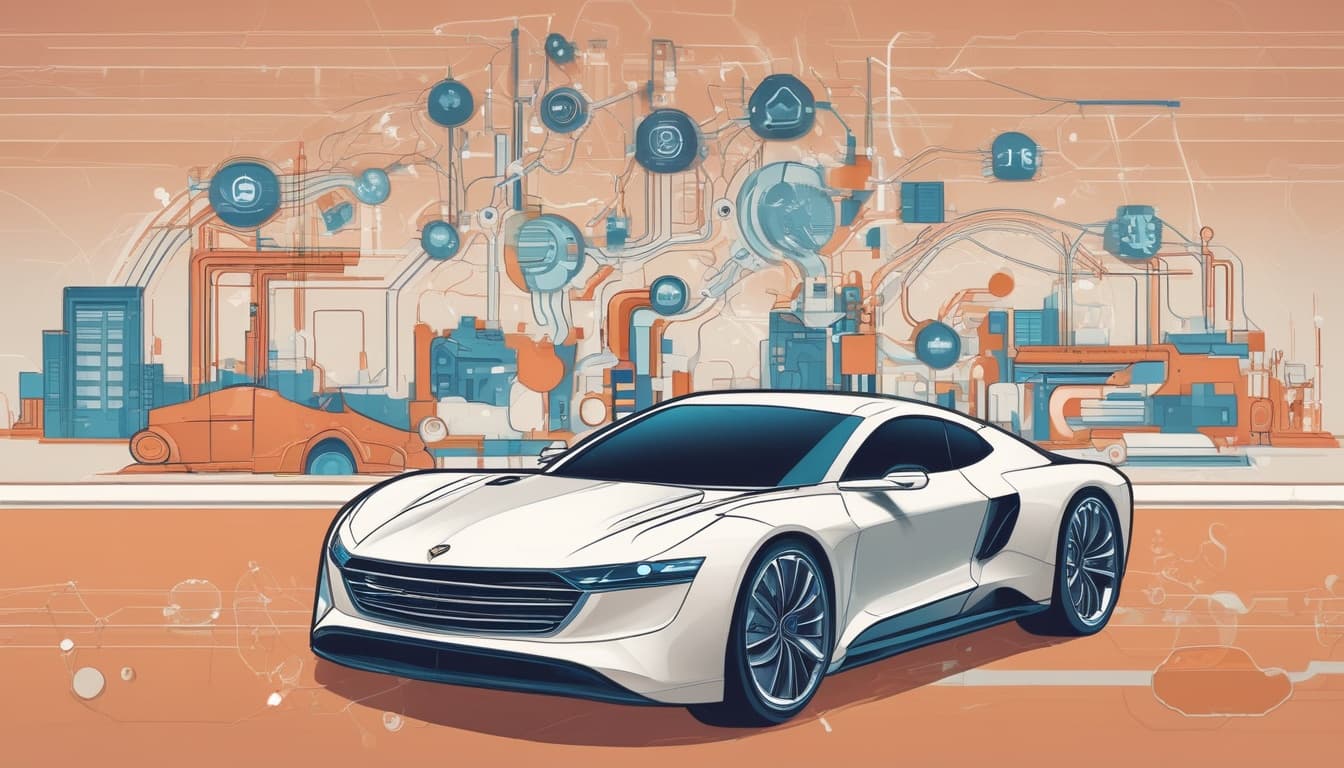Imagine a future where your car's internal soundscape isn't just for entertainment, but dynamically adapts to your mood, the driving conditions, or even historical context from its journey. Beyond personalized playlists, consider a vehicle that intuitively orchestrates ambient sounds, haptic feedback, and subtle sonic cues to enhance focus, reduce stress, or evoke specific emotions. How might such an emotionally intelligent and adaptive sound environment transform our relationship with driving, and what ethical considerations arise from a car actively influencing our psychological state?
This is a truly thought-provoking discussion! The idea of a car's internal soundscape dynamically adapting to our emotional state and driving context moves beyond mere entertainment into a much deeper, more integrated experience.
Transforming the Driving Relationship: Such an emotionally intelligent sound environment could profoundly redefine our connection with our vehicles. Imagine a long commute where the car senses rising stress levels and subtly shifts to calming ambient tones, or a focused driving scenario where subtle sonic cues enhance alertness without being intrusive. This level of hyper-personalization in automotive experiences could transform a mundane journey into a therapeutic or invigorating one. It could even leverage historical journey data to evoke specific memories or feelings, creating a truly unique and memorable interaction. For instance, if you often drive a specific route for a relaxing weekend getaway, the car might learn to associate that route with a particular calming sound profile. This goes hand-in-hand with advancements in in-cabin sensing technologies that can accurately detect driver mood and focus.
Ethical Considerations: However, the ethical implications are significant. A car actively influencing our psychological state raises questions about autonomy and manipulation.
- Consent and Control: Do drivers fully consent to this level of emotional influence? How much control should they have over these adaptive soundscapes?
- Privacy: What data is being collected about our emotional states and driving habits, and how is it used? This ties into broader discussions about data privacy in connected vehicles.
- Dependency and Distraction: Could an over-reliance on these systems lead to a decreased ability to self-regulate emotions or even create a new form of distraction if the system's interventions are poorly timed or intrusive?
- Bias: Are these systems truly emotionally neutral, or could they inadvertently reinforce societal biases in their programming?
It's crucial that as we develop these advanced capabilities, we also prioritize ethical AI development in automotive. Transparency in how these systems work, robust user controls, and clear guidelines for data usage will be paramount. The goal should be to augment the driving experience and well-being, not to inadvertently control or manipulate it. This also opens up a fascinating area for designers and engineers working on next-generation automotive human-machine interfaces, who will need to balance innovation with user trust and ethical design principles.
Ultimately, this vision promises a more intimate and responsive driving experience, but it demands careful consideration of the boundaries between assistance and influence.
探索更多相关内容
加入讨论
- 自动驾驶时代:汽车如何成为您的心灵充电站?
在自动驾驶的未来,汽车将超越交通工具,成为应对现代生活压力的心灵休憩港湾。本讨论深入探讨如何通过定制化的感官体验、智能互动,将车载空间设计为恢复精力、激发灵感甚至实现“数字禅修”的移动充电站,提升用户身心健康。
- 未来汽车:城市生态的移动共生体?
深入探讨未来汽车作为城市“移动共生体”的可能性。想象它们如何主动吸收污染物、种植微型植物,并为城市提供清洁能源,从而彻底改变城市面貌和我们的生活方式。本讨论将分析此类创新带来的设计挑战与伦理考量。
- AI定制时代:汽车的“灵魂”与“美”将由谁来定义?
在AI深度定制汽车的时代,传统汽车设计与经典美学将面临何种变革?本讨论深入探讨人工智能对汽车外观、内饰及驾驶体验个性化的影响,以及人类创造力在其中扮演的新角色。它还思考了AI主导的无限个性化将如何重塑汽车作为文化符号和艺术品的价值,并展望未来汽车“灵魂”与“美”的定义权归属。




